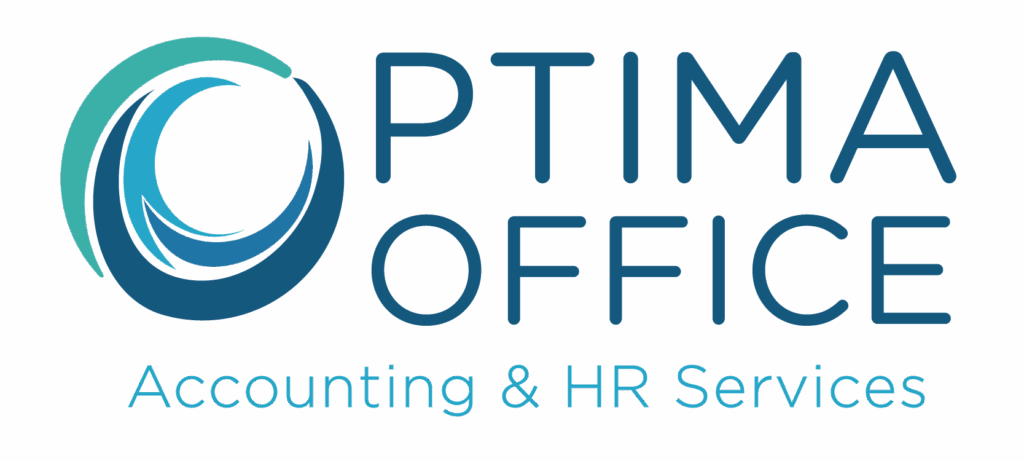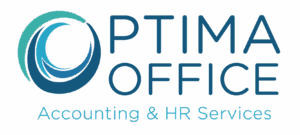What should you consider when a current employee or prospective candidate asks for more than the company’s standard benefits?
In my experience, some employers are willing to negotiate with new hires and some are not. I have found that normally the candidates will try to negotiate with an employer prior to signing the offer letter. Often times, during the interview process we get candidates who make their concerns known. For instance, if your company has a vacation policy of two weeks in the first year and your candidate has a current vacation plan of 3-4 weeks, they may request some consideration in the negotiation phase of hiring. Normally we will not consider changing our standard offerings (since they are generous to begin with) unless it is a particular higher-level management position or perhaps an ideal candidate for a role we have been unable to fill, etc.
When should you consider changes in an employee’s benefits?
The only other time I have seen an employer change an existing agreement is during review time. Sometimes an employer can’t afford to give a monetary increase but may agree to add a few extra days to the employee’s annual vacation time allotment. Vacation is pretty easy since it is not mandated like sick leave is in California. The key, at least in CA, is that the employee must receive their accrued vacation paid out with their final checks as it is considered a part of their wages.
Employers normally start to look at their benefit plan offerings several months before their contracts are up to re-evaluate their brokers, start to get their needs established, and then look at what is potentially new that they can offer their team. Rarely have I seen a new product offered mid-year but it has been done. We try to add something new or improve an existing benefit every year. For instance, this year we added an employer match to our 401k where there had only been a discretionary match in the first year since we were just starting up. We also added company paid life insurance that had not been offered our first year in business. Next year, who knows what we will add.
Listen to what employees are asking for.
Most importantly is that employers need to listen to what their employees are saying.
- Do the employees feel comfortable bringing their concerns and “wants” to someone?
- Do they know who the right person to share those ideas with?
Make sure they know who they can talk to about those things and who can take those ideas to upper management for real consideration. Maybe it is not something you can offer the team now, but maybe next year. Let your employees feel heard by having someone like your HR Director or EE Relations Manager be available to them for those types of conversations.
We are very fortunate at Optima. Our CEO is very generous and believes in treating her employees well. Our motto is Happy Staff = Happy Clients.
by Jilian Dimitt, SPHR, SHRM-SCP, Human Resources Director




